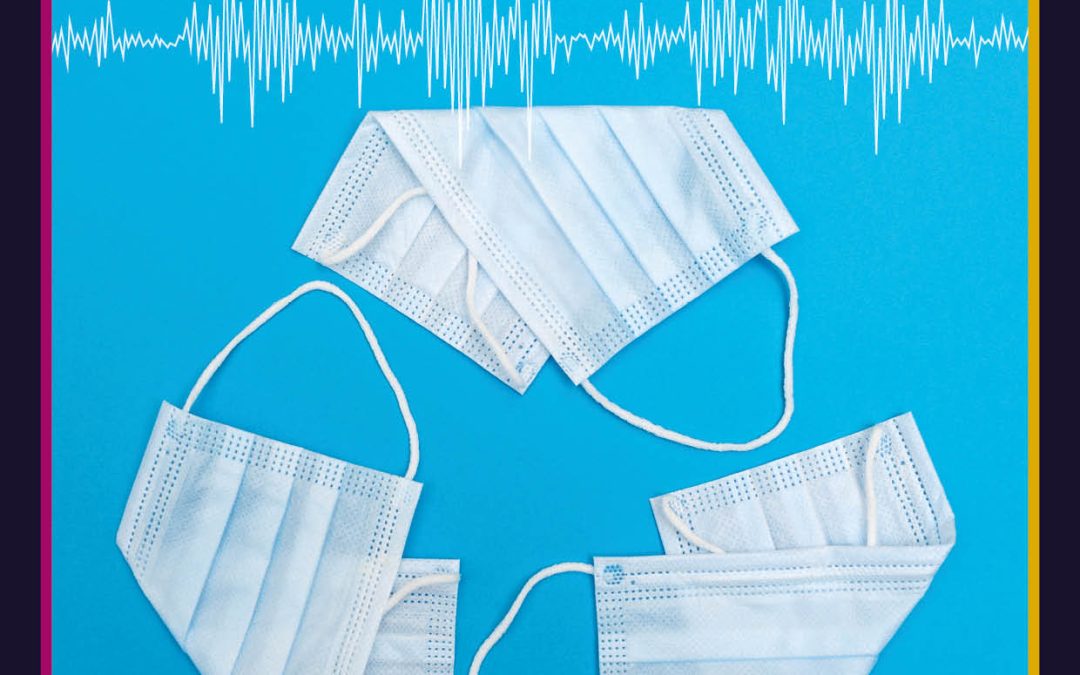
by admin | Jun 23, 2022 | engineering and tech, physical sciences, trending
Since the beginning of the COVID-19 pandemic, billions of plastic facemasks have been used and disposed of, with the majority destined for landfill. Professor Andrew R. Barron and his team at the Energy Safety Research Institute in Swansea, Wales, have developed an innovative method for repurposing these used facemasks. By transforming them into a powdered material that acts as a reducing agent, Professor Barron’s team aim to make the steel-making process more energy-efficient and sustainable.

by admin | Jun 22, 2022 | engineering and tech, physical sciences, trending
Wide-area scans of the sky are an important tool for astronomers as they seek to learn more about the universe. However, as the latest observation techniques have become increasingly sensitive, faint objects within these surveys can appear to blend together. Through his research, Dr Peter Melchior at Princeton University presents a computer-based framework for disentangling these blended sources, and for artificially reconstructing the components they contain. Named SCARLET, the technique could soon help astronomers to study the depths of the observable universe in unprecedented levels of detail.
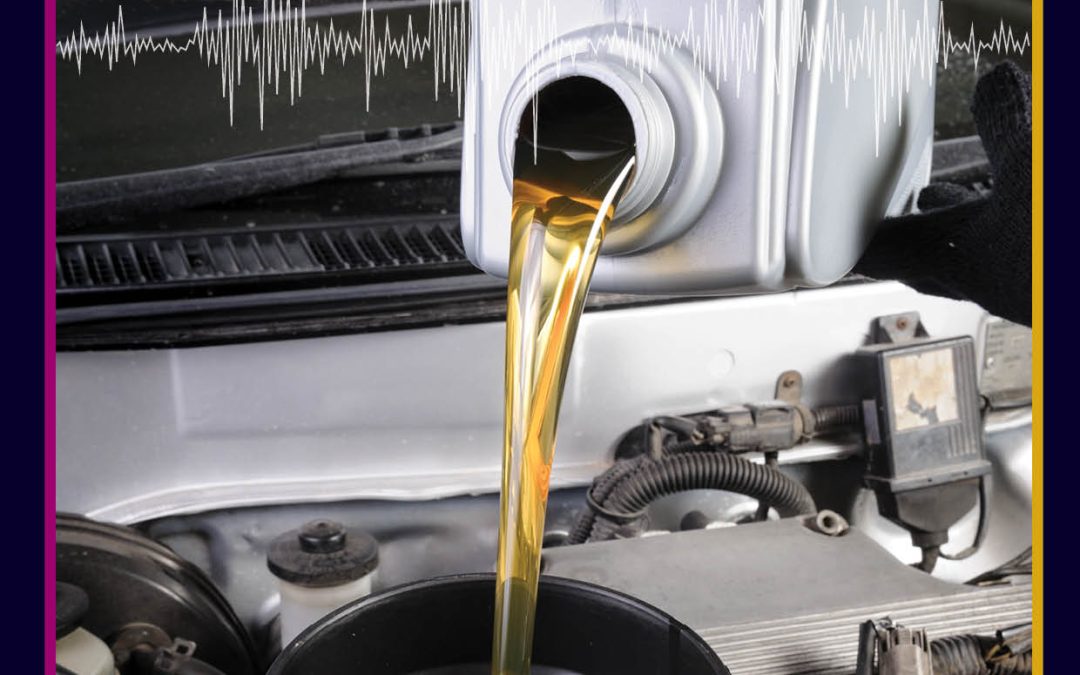
by admin | Apr 13, 2022 | engineering and tech, physical sciences, trending
The engine of a typical passenger vehicle is made up of hundreds of mechanical parts. These parts require lubrication to prevent them from overheating and to keep them working efficiently. Ken Hope and his team at Chevron Phillips Chemical, headquartered in Texas, have analysed the extent to which different types of lubricant oils reduce friction. They then used this data to estimate how an optimised oil mixture can achieve an overall improvement in engine efficiency.
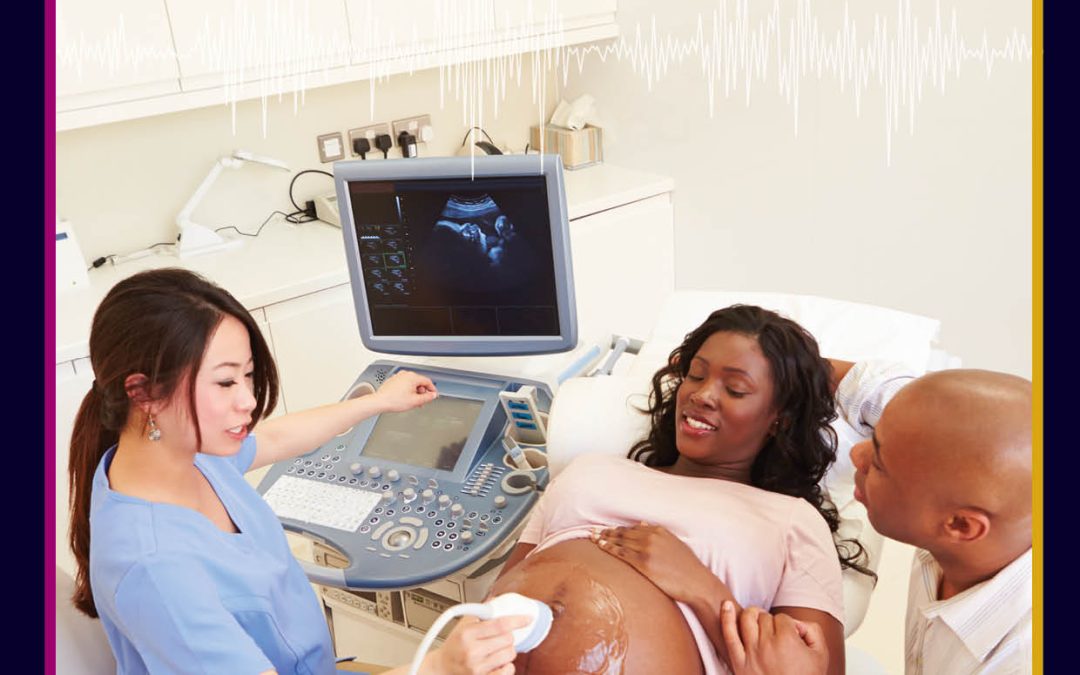
by admin | Apr 13, 2022 | engineering and tech, health and medicine, trending
Medical professionals require years of training before they can describe ultrasound images of developing foetuses. Dr Mohammad Alsharid and colleagues from the Institute of Biomedical Engineering and Nuffield Department of Women’s and Reproductive Health at the University of Oxford suggest that this task could one day be carried out by machine learning algorithms. In their latest study, the team showed how neural networks, trained by the expert knowledge of real sonographers, could convert subtle features within the images into accurate, readable captions.
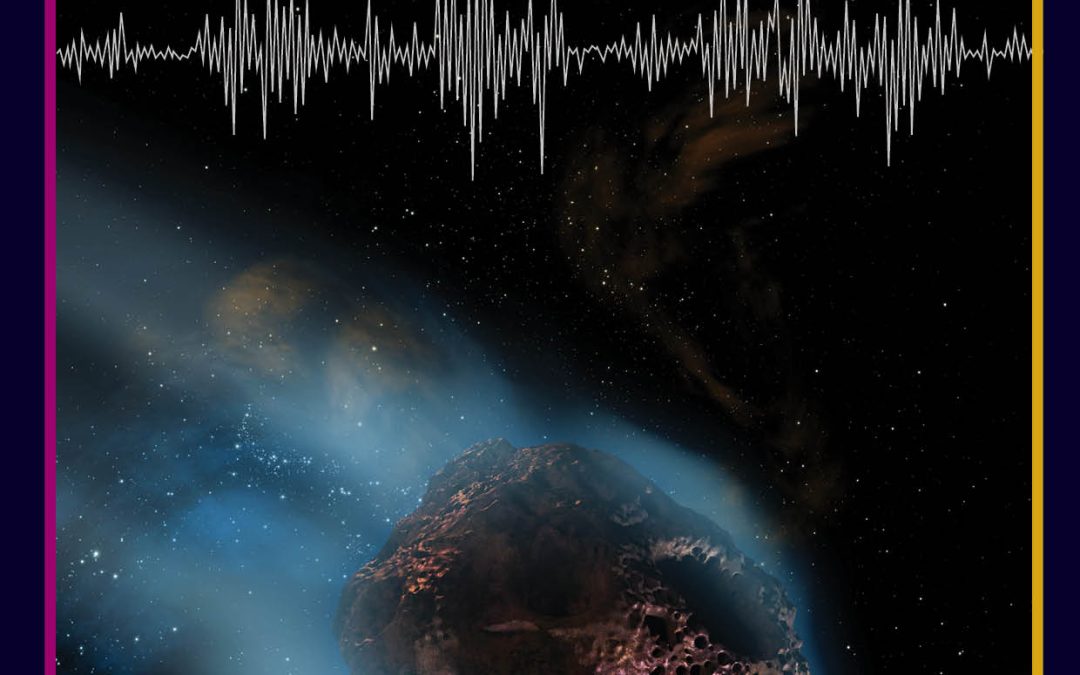
by admin | Apr 6, 2022 | engineering and tech
In the next few decades, upcoming technological advances will offer unprecedented opportunities to explore the solar system – both with autonomous robots, and through manned missions. Dr Jekan Thanga and the Space and Terrestrial Robotic Exploration (SpaceTREx) Laboratory at University of Arizona are at the forefront of efforts to design miniature spacecraft that will allow us to reach these distant worlds, and navigate their rugged, unfamiliar terrains. In the future, his team’s research could pave the way for the establishment of long-term, off-world human settlements, and the discovery of life in extreme, yet potentially habitable environments.
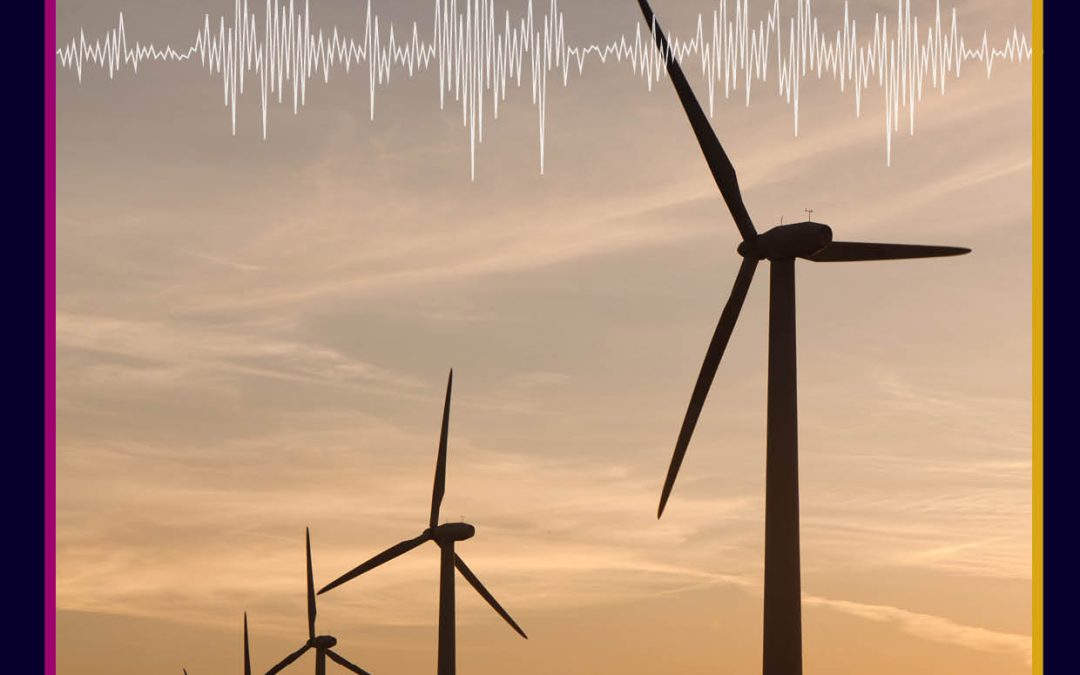
by admin | Mar 30, 2022 | engineering and tech
Every year, the combined effects of corrosion and wear cause a huge amount of damage to coastal and offshore machinery, incurring huge costs for repair and maintenance. While there are various types of coating that offer protection from wear and corrosion, the way in which that they are applied can massively impact their effectiveness. Dr Tai-Cheng Chen and his team at the Institute of Nuclear Energy Research, Taiwan, have been analysing these methods, in order to determine the best way to protect maritime infrastructure.






